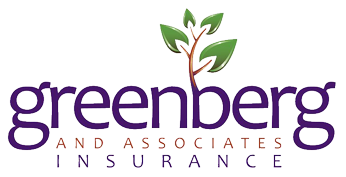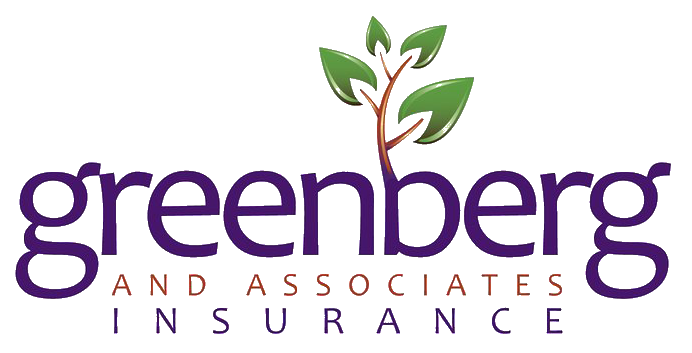MEDICARE PRIMARY/SECONDARY PAYOR
2009 Aug 21st – Medicare Primary-Secondary Payor
** EMPLOYER BULLETIN **
TO: ALL GROUP HEALTH CLIENTS
FROM: GREENBERG & ASSOCIATES INSURANCE
DATE: AUGUST 21, 2008
RE: MEDICARE PRIMARY/SECONDARY PAYOR
Dear Group Health Clients,
This bulletin specifically applies to employers who employ less than 20 employees. However, the complexities of Medicare eligibility issues surrounding whether Medicare is the Primary or Secondary Payor when an employee becomes Medicare eligible, highlight the need for ALL employers to convey to their employees the importance of their being proactive when evaluating exactly what their options are for both group and individual medical coverage prior to becoming Medicare eligible. Waiting until the date of eligibility, or failing to complete appropriate paperwork in a timely manner, may jeopardize your employee’s coverage. Therefore, it is important for ALL size employer groups to know that when you have an employee approaching age 65, or, who may be eligible for Medicare due to a disability, that you advise them to contact Medicare to discuss their rights and responsibilities as well as their coverage options. In addition, they need to contact their health insurer, or our office, to discuss how their specific insurer handles Medicare eligibility and coordinates benefits.
For all groups employing less than 20 employees, it is important to know that many of the carriers have recently changed how they coordinate benefits with Medicare once an insured becomes eligible. As you know, employees who become Medicare eligible can continue to be covered on their group health plans through the employer as long as they continue to work the necessary hours to maintain group eligibility. In the past, if an employee continued to work after becoming Medicare eligible, most insurers did not make any coverage distinctions as to whether the employee enrolled in both Part A (usually automatically enrolled) and Part B of Medicare (requires electing to be enrolled). For employer groups with less than 20 employees, Medicare has been the Primary Payor (meaning they pay first) and the employer’s group coverage has been Secondary (meaning they pay whatever is left after Medicare’s reimbursement). In the past, if an employee did not enroll in both Medicare Part A and B, the group health plan would pay as Primary since there was no coverage in force with Medicare. What has changed, however, is that even though a Medicare eligible employee is not REQUIRED to enroll in Medicare, the insurers are now paying benefits as SECONDARY regardless of whether the employee has enrolled in Medicare or not! Therefore, what this means is that carriers are now coordinating benefit payments as if Medicare paid as Primary, even if the employee is not covered with Medicare. Bottom line, if an employee has not signed up for Medicare Parts A & B, their benefit reimbursements from your group insurance plan may not be as comprehensive as prior to becoming Medicare eligible. The majority of carriers are now processing claims as Secondary payors regardless of Medicare enrollment. There are still a few who have not implemented this change, but, it is an ever changing landscape in this respect. Therefore, we recommend that prior to Medicare eligibility that employees take the necessary steps to evaluate the specifics of their situation because these things are always subject to change and the plan you are currently covered with today, may not be the same down the road.
Employees can be referred to www.medicare.gov for comprehensive information about their rights and responsibilities pertaining to Medicare eligibility and coverage. They can download a Medicare handbook called Medicare & You 2008 or order a copy be sent to them. Please don’t hesitate to call us if you or your employees have any questions.
Sharon and Adrienne

